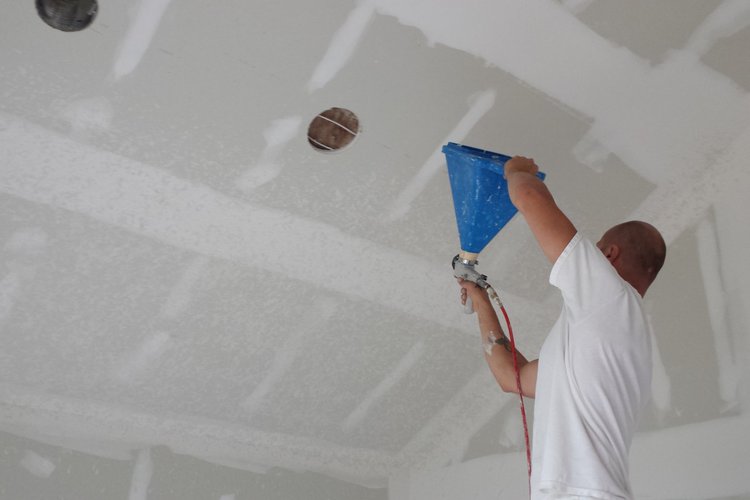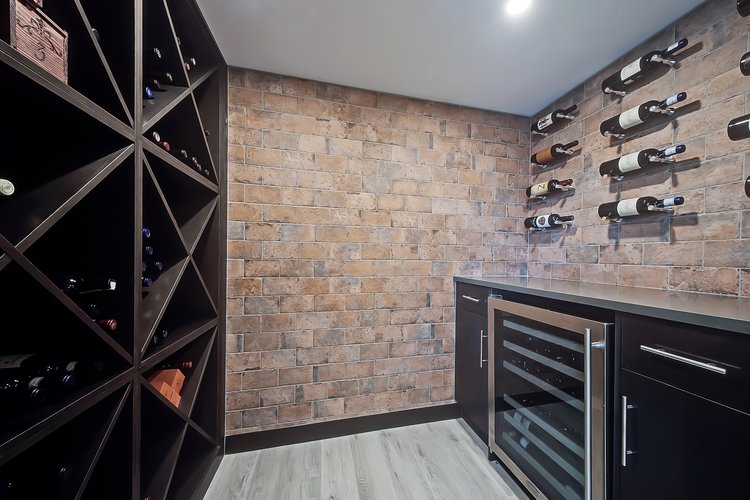At some point during your basement renovation project you’ll need to think about insulation. The effectiveness of any type of insulation is determined by its ability to provide a consistent layer of protection wherever it’s installed in your basement’s framing.
The two main choices today are traditional fibreglass insulation or spray foam insulation. Fibreglass insulation is made up of sheets of tightly woven glass strands that are available in a variety of widths and thicknesses. They are installed with a layer of plastic sheeting on a basement’s outer walls or wherever a barrier is needed against moisture or vapor. Spray foam is a spray-applied plastic product that creates a barrier for insulation, protecting against vapor and moisture and sealing gaps and cracks. These types of insulation are both used in basements but spray foam is gaining in popularity due to a number of advantages that it offers.
Spray foam insulation fills every available space and creates an air seal, which helps minimize drafts and cold spots in your basement. It also decreases the chances of air and moisture infiltration and the possibility of mould. Spray foam insulation can sometimes significantly reduce your basement’s energy costs, making it a valuable investment.
Fibreglass insulation can be hazardous to handle during the installation and also a challenge to get exactly right. If the insulation isn’t fitted perfectly there will be gaps, which can cause problems. Gaps usually get bigger over time, increasing the potential for heat loss. Air leaks can also lead to increased energy costs. Holes made for drywall screws create another opening for air and moisture to enter your basement, which could result in the development of mould.
The air sealing qualities of spray foam insulation can decrease the volume of allergens such as dust or pollen, as well as harmful pollutants, from entering your basement. In contrast, traditional types of insulation can sometimes be dusty and since they don’t create an air seal this can allow allergens inside.
The majority of spray foam insulation products are environmentally friendly and don’t contain any harmful ingredients. Most fibreglass products contain formaldehyde, which can leak fumes and affect the basement’s air quality. Once installed, spray foam insulation will also not attract pests that are either searching for nesting areas or a food source. In contrast, pests such as mice and other rodents can damage fibreglass and similar types of insulation over time.
Particularly in newly constructed projects, spray foam insulation will last for the life of the structure. Fibreglass insulation will usually settle over time and this will obviously affect its performance in protecting your basement. When it comes to your lower level development, you can rest assured that the specialists at Basement Builders will always provide you with the most suitable insulation options for your home.
Keep reading

Basement Ceilings
At Basement Builders we can suggest a number of options for your basement ceiling.
Read More ›
Basement Soundproofing
Even though basements are kind of tucked away in the depths of your home, it can be surprising how far sound can travel from one part of yo…
Read More ›
Basement Storage Space
For many families, the basement, whether developed or not, becomes the home’s storage space and is often forgotten about.
Read More ›








